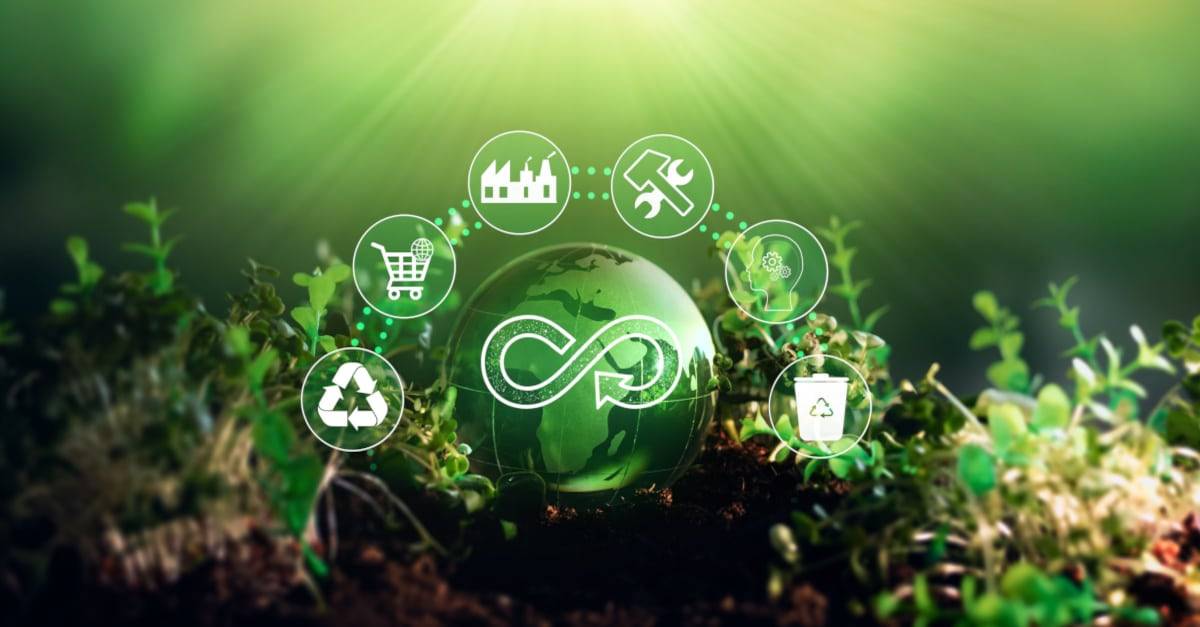Carbonomics: The Economics of a Greener Tomorrow
Carbonomics, the fusion of economic principles with climate action, is guiding the transition to a low-carbon economy. Many countries are aligning their systems with carbonomics to balance economic growth with environmental sustainability. By incorporating specific principles and strategies, carbonomics aims to reconcile economic growth with environmental sustainability, enabling a more resilient and low-carbon future. Carbonomics encompasses various approaches, including: carbon pricing, renewable energy investments, innovation and technology development, green finance and investments, and the circular economy.

Carbon Pricing
Carbon pricing involves putting a price on carbon emissions to create economic incentives for reducing emissions. Carbon taxes and cap-and-trade systems are examples of carbon pricing mechanisms. Many countries and regions have implemented carbon pricing mechanisms as a key component of their carbonomics approach. Examples include the European Union Emissions Trading System (EU ETS), the California Cap-and-Trade Program, and the British Columbia Carbon Tax.

Renewable Energy Investments
The focus of carbonomics lies in shifting away from fossil fuel-dependent energy sources towards renewable energy technologies, including solar, wind, hydro, and geothermal power. This shift aims to decarbonize the energy sector and reduce dependence on finite and polluting resources.
Governments around the world are investing heavily in renewable energy as part of their carbonomics strategies. For instance, Denmark has made significant advancements in wind energy, with wind power accounting for a substantial portion of its electricity generation. Similarly, Costa Rica has achieved nearly 100% renewable electricity production by leveraging hydroelectric, geothermal, wind, and solar energy sources.
Innovative Practices
Acknowledging the significance of research and development, carbonomics underscores the role it plays in advancing low-carbon technologies and fostering innovation. This includes areas such as energy storage, carbon capture and storage (CCS), and sustainable transportation solutions.
Improving energy efficiency is a fundamental aspect of carbonomics. Many countries have implemented programs to incentivize energy-efficient practices and technologies. Japan, for instance, has implemented the “Top Runner Program,” which sets energy efficiency standards for various appliances and encourages manufacturers to produce more energy-efficient products.
Your Wealth, Our Priority: Altoo's Consolidation Power, Secure Document Management, and Seamless Stakeholder Sharing for High Net Worth Individuals. Preview Platform.
Carbonomics explores ways to mobilize private and public funds towards low-carbon and climate-resilient projects. It involves promoting investments in clean technologies, sustainable infrastructure, and climate adaptation measures. It encourages the transition from a linear “take-make-dispose” model to a circular economy approach, where resources are used efficiently, waste is minimized, and materials are recycled or repurposed.
The circular economy and the “Top Runner Program” are just two of the ways that countries are incentivizing energy efficiency. Carbonomics is also encouraging the use of green finance and public-private partnerships to fund low-carbon, climate-resilient projects. By investing in clean technologies, sustainable infrastructure, and climate adaptation measures, we can create a more sustainable and resilient future. The transition to a circular economy can reduce our dependence on fossil fuels, improve air quality, and create jobs. Carbonomics is an essential part of this transition, as it seeks to promote a low-carbon, climate-resilient future.



